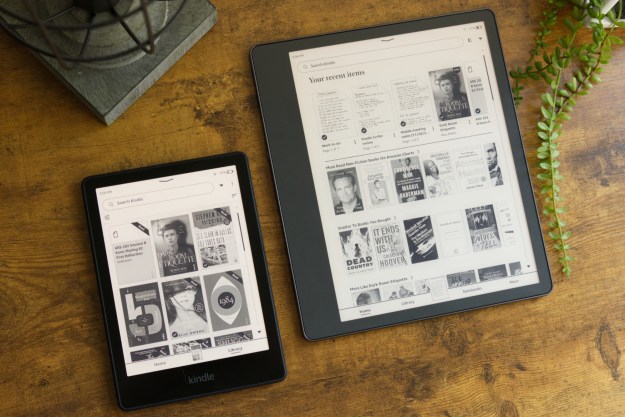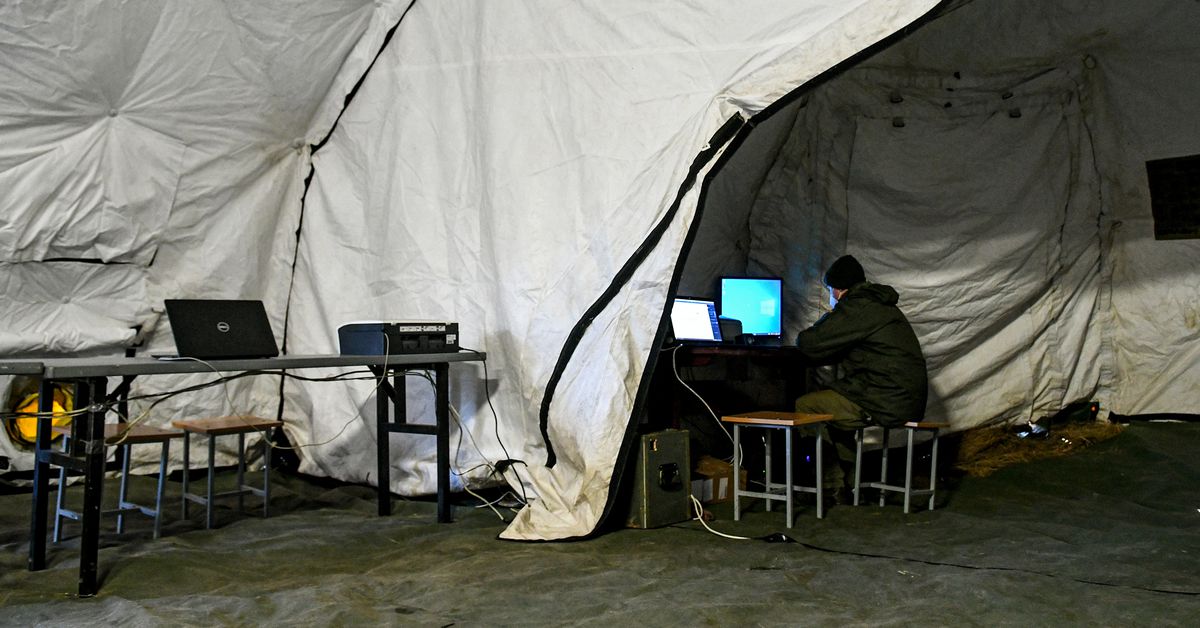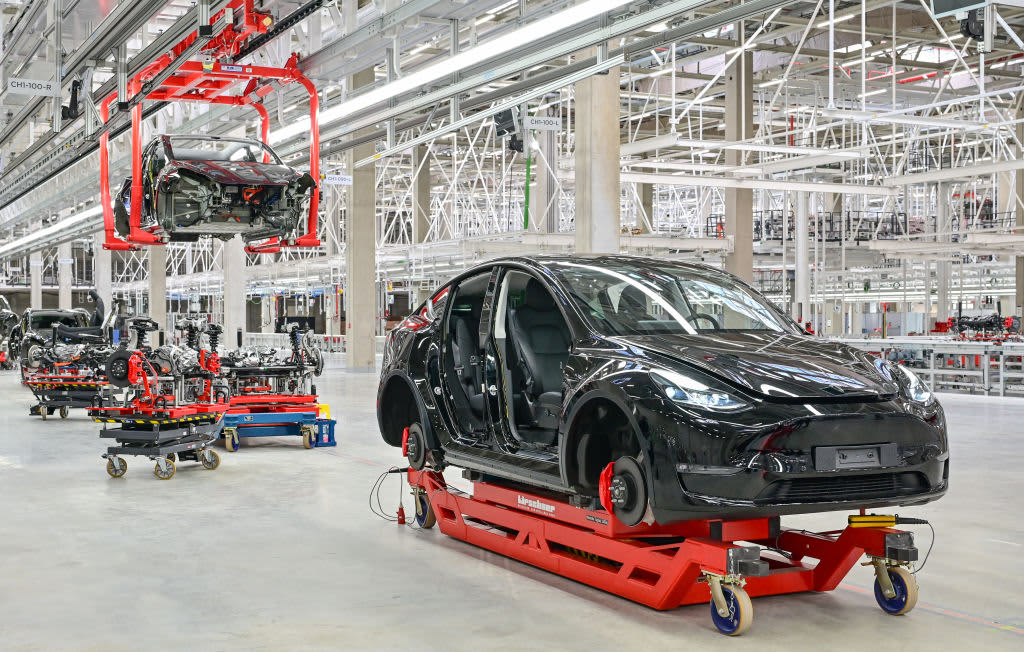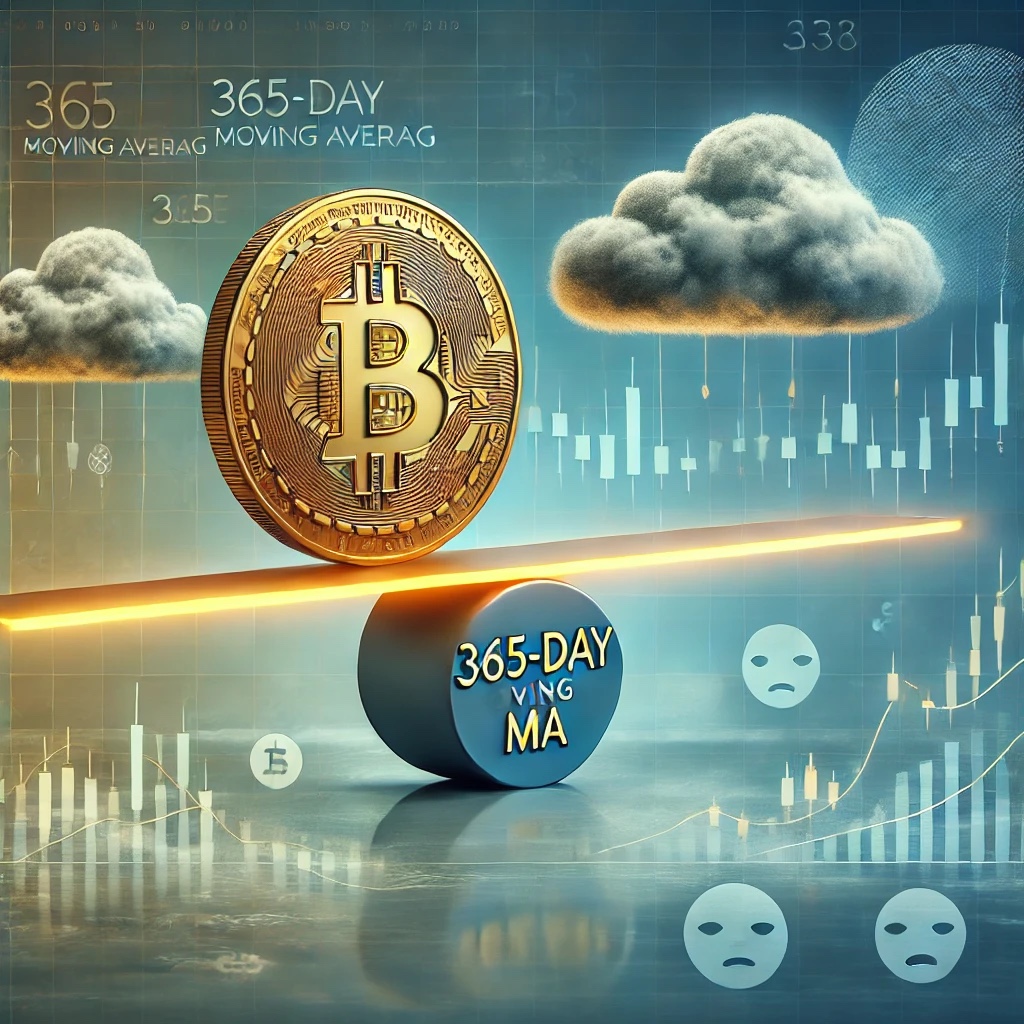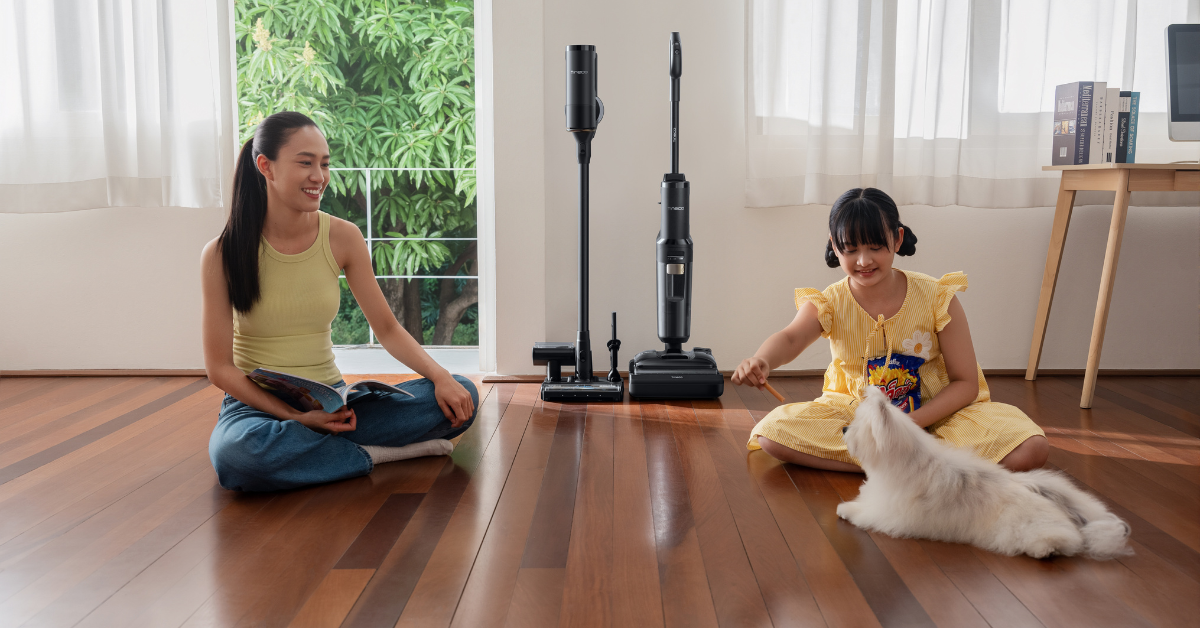It’s no wonder Dropbox is killing off its unlimited storage plan
Cloud storage giant Dropbox is ending unlimited storage for its business-oriented Advanced plan because it’s had enough of some users abusing the offering.
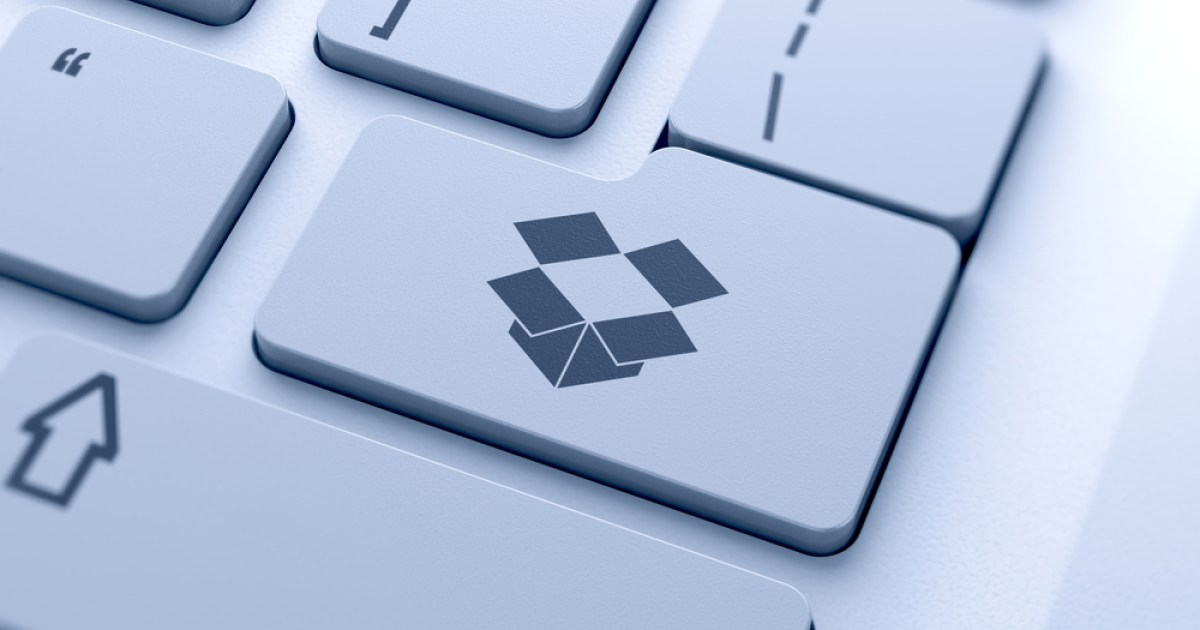
Dropbox is ending unlimited storage for its business-oriented Advanced plan because it’s had enough of some users abusing the offering.
In a blog post explaining its decision, the company, which has more than 18 million paying users globally, said it’s noticed that a growing number of customers have been buying Advanced subscriptions “not to run a business or organization, but instead for purposes like crypto and Chia mining, unrelated individuals pooling storage for personal use cases, or even instances of reselling storage.”
It said that in recent months, such behavior had surged on the platform, in part because rival services had started to make similar policy changes regarding storage.
“We’ve observed that customers like these frequently consume thousands of times more storage than our genuine business customers, which risks creating an unreliable experience for all of our customers,” Dropbox said. “Importantly, our policy for Advanced has always been to provide as much storage as needed to run a legitimate business or organization, not to provide unlimited storage for any use case.”
It said that trying to manage the situation by constantly monitoring “acceptable” and “unacceptable” use cases was not a viable solution, and as a result, it decided to end the “as much space as you need” policy and move to a metered model.
So, how will the new system work going forward? Well, starting this week, customers who purchase a Dropbox Advanced plan with three active licenses will receive 15TB of storage space shareable by a team, which Dropbox describes as “enough space to store about 100 million documents, 4 million photos, or 7500 hours of HD video,” adding that each additional active license will offer 5TB of storage.
The company said that more than 99% of Advanced customers currently using less than 35TB of storage per license will be able to keep the total amount of storage their team is using at the time they’re notified of the changes, plus an additional 5TB credit of pooled storage for five years with no extra fees charged to their current plan.
Meanwhile, the small number of customers using 35TB or more of storage per license can continue to use their current storage amount, up to a total of 1,000TB, at no additional cost to their existing plan, and Dropbox will contact them “to discuss a range of options” involving a suitable limited-storage plan.
New customers who need more storage space will be able to buy storage add-ons from September 18 and existing customers from November 1 at 1TB for $10 per month or $96 per year.
Dropbox said it will gradually migrate existing customers to the new policy on November 1 and promised to notify everyone at least 30 days before their planned migration date.
Google also ended unlimited storage for users of its highest-tier Workspace plan in May so it’s possible that some disgruntled users switched to Dropbox for its more generous offering. But now that it’s ending, they’ll have to once again look elsewhere for a service that meets their needs.
Editors' Recommendations
Turns out DirectStorage isn’t killing frame rates in Forspoken after all OneDrive is getting stories, but it’s not what you expect The best cloud storage services 10 free online storage services to claim your space in the cloud The best cloud storage options to support your small businessNot so many moons ago, Trevor moved from one tea-loving island nation that drives on the left (Britain) to another (Japan)…
Dropbox is now limiting users of free version to only three devices
Dropbox is adding some limitations to its free service that could frustrate users a little -- from now on, free Dropbox users can only link up to three devices to their accounts. Users who already have more than three devices linked can keep them, but won't be able to add any more devices.
In 2019, three devices isn't all that many. Sure, it allows you to add your phone, laptop, and maybe a tablet to your account, but if you want those three devices and an extra computer too, you're out of luck. If you want to add more devices you can do so -- but only if you upgrade to a paid Dropbox subscription. Alternatively, you can unlink and relink devices as you need to use them, but doing so could get frustrating.
Apple’s iCloud is experiencing issues across more than a third of its services
Apple's iCloud service ran into difficulties on Tuesday afternoon, October 23, causing problems for potentially millions of people around the world who rely on the service.
At the time of writing, the company's System Status page reveals that issues are affecting more than a third of the services that use iCloud, among them iCloud Drive, Photos, iCloud Mail, iCloud Calendar, and Find My iPhone.
How to read EPUB books on your Kindle (3 ways to do it)
E-book readers are extremely useful pieces of kit for any book lover. Lightweight devices like the Amazon Kindle mean you can carry your entire collection easily, keeping your precious paperbacks damage-free, and saving you space and weight in your pocket or bag. Amazon's Kindle is the most popular e-reader by far, but it used to be a fact that the Kindle didn't support the most popular e-book type: EPUB.

 JaneWalter
JaneWalter 


